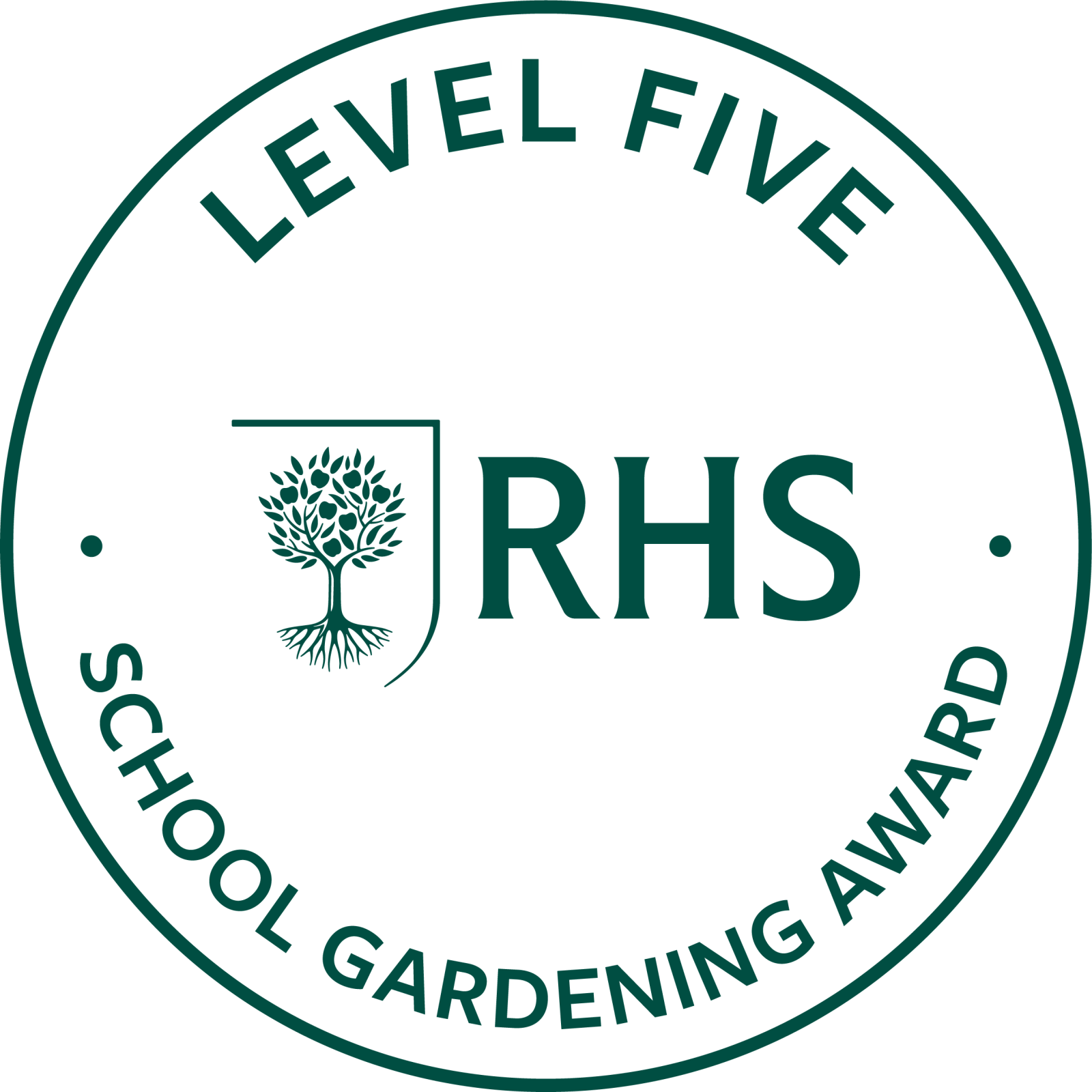English
Curriculum Overview
Pupils need to learn about English Language and English Literature and how the skills link to everyday life. Our aim, over 5 years and into sixth form, is to teach pupils to speak and write fluently so that they can communicate ideas and opinions to others as well as learn about other peoples’ opinions through reading and listening.
We develop pupils culturally, emotionally, intellectually, spiritually, and socially. Pupils learn to acquire knowledge and build on what they already know. Without the skills that are the basis of English Language and Literature, pupils would not be able to access the wider world around them.
We want our students to have an engaging curriculum that is relevant to them and ensure that they can discuss their learning with their peers in other educational settings. We want to support our learners on their learning journey by having meaningful discussions about learning, by keeping learning relevant to their preparation for adulthood.
How we teach the curriculum
Our curriculum is built around making learning memorable and the deployment of skills to support our pupils to remember it. We use rote, retrieval, interleaving and metacognitive strategies to ensure that skills are revisited regularly and built upon across the years. The weekly design ensures that teacher discretion is used when teaching context, SPaG, opportunities for reading and speaking and listening.
Assessment
Assessment for Learning is used in all lessons to provide evidence for use by pupils and teachers to decide where pupils are in their learning, where they need to go and how best to get there.
Formative Assessment
This is used to provide information about what pupils know, understand, and can do. This is used by both the teacher and the pupil to determine where pupils are in their learning and how to continue to develop their knowledge and skills within the subject.
This will include:
- Questioning
- Effective teacher feedback (written and verbal)
- Peer feedback
- Pupil self-assessment.
Summative Assessment
This is also used at key points in each year to evaluate pupils’ achievement against the Rumworth Steps for Reading, Writing and Speaking and Listening. The assessments allow a holistic view of pupils’ progress and support the identification of areas requiring additional focus to improve overall learning.
Intervention
The bottom 20% of each year group are identified at the beginning of the academic year based on the data collated from PM Benchmarking. These students are then assessed on FFT to decide whether the intervention method needs to be decoding or comprehension. The intervention reading team then work on class, small group, 1-1 sessions with the identified cohort. Logs are made of each session and after 6 weeks, all students are reassessed.



